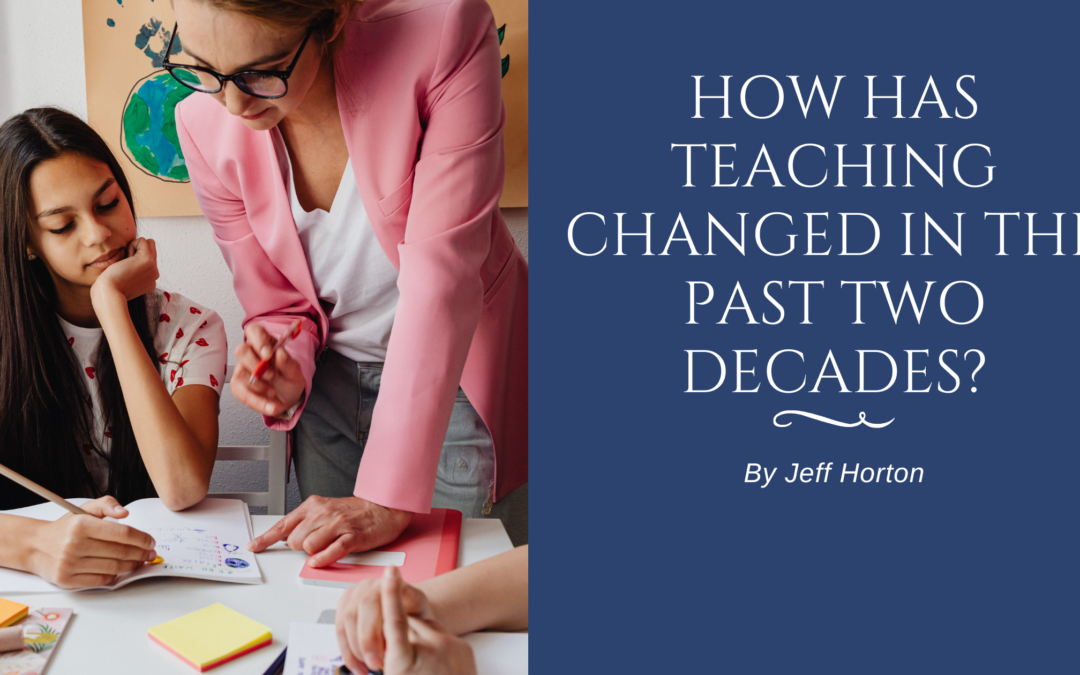Over the past two decades, the education landscape has been profoundly transformed, driven by technological advancements, changing pedagogical approaches, and societal shifts. As a result, teaching has evolved significantly, reshaping the classroom experience and the role of educators in fostering student success.
- Technology Integration: Perhaps the most noticeable change in teaching over the past two decades is the widespread integration of technology in the classroom. Technology has become an integral part of the learning environment, from interactive whiteboards to laptops and tablets. Teachers now leverage multimedia resources, online collaboration tools, and educational apps to enhance lessons, engage students, and facilitate personalized learning experiences.
- Shift Toward Student-Centered Learning: The traditional teacher-centered approach, where information flowed predominantly from the instructor to the students, has given way to a more student-centered model. Educators now emphasize collaborative learning, project-based activities, and hands-on experiences to foster critical thinking and problem-solving skills. This shift aims to empower students to participate actively in their learning journey.
- Personalized Learning and Differentiation: Recognizing diverse learning styles and the need for individualized instruction has led to the rise of personalized learning. Teachers now use data analytics, adaptive learning platforms, and differentiated instruction techniques to tailor lessons to students’ needs and abilities. This approach acknowledges that each student learns at their own pace and in their unique way.
- Globalization and Cultural Awareness: Today’s interconnected world has increased emphasis on global perspectives and cultural awareness in education. Teachers incorporate diverse perspectives into their lessons, exposing students to a broader world understanding. Virtual exchanges, collaborative projects with students from different countries, and digital resources have facilitated this globalized approach to education.
- Emphasis on Social-Emotional Learning (SEL): Recognizing the importance of holistic development, there is a greater emphasis on social-emotional learning (SEL) in education. Teachers are focusing on cultivating emotional intelligence, interpersonal skills, and resilience alongside academic knowledge. SEL programs aim to equip students with the skills necessary for success in academics and their personal and professional lives.
- Blended Learning Environments: The advent of online education platforms and the widespread availability of online information have given rise to blended learning environments. Teachers combine traditional face-to-face instruction with online resources, creating a flexible and dynamic learning experience. This approach allows for increased student engagement, flexibility in pacing, and the development of digital literacy skills.
- Increased Accountability and Assessment Strategies: With a growing emphasis on accountability in education, there has been a shift in assessment strategies. Standardized testing remains a component, but there is a broader recognition of the need for varied assessment methods, including formative assessments, project-based evaluations, and portfolio assessments. Teachers are increasingly focused on evaluating what students know and how well they can apply their knowledge.

